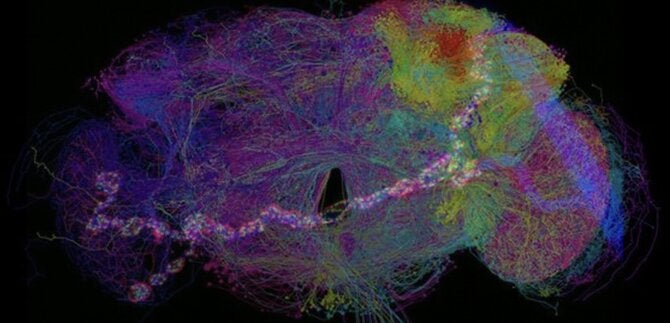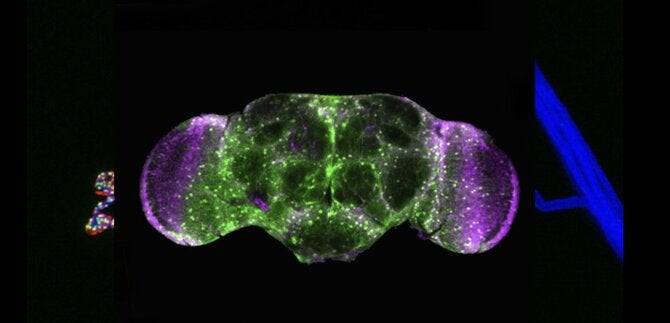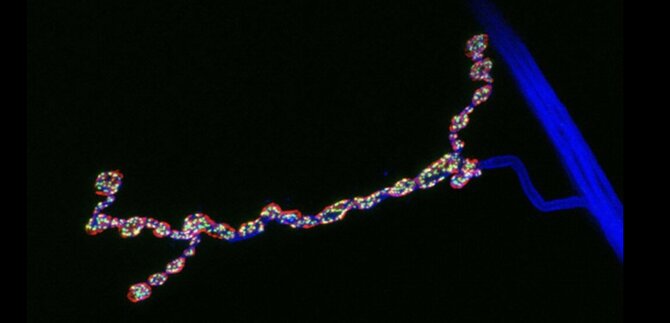Homeostatic feedback systems are ubiquitous forms of biological regulation, which recently have been demonstrated to maintain the stability of nervous system function. Homeostatic processes also play crucial roles in the development of the nervous system, tuning synaptic strength and establishing the proper balance of excitation and inhibition. Dysfunction in these systems may contribute to the etiology of schizophrenia, autism, epilepsy, and other complex neurological and psychiatric diseases. Our long term interests are to identify the molecules and elucidate the mechanisms that achieve and maintain the stability of neural function, and to determine how dysfunction in these processes may contribute to human disease.
It has become clear over the past decade that homeostatic signaling systems are present throughout the nervous system and serve to stabilize neural function during development and throughout life. These processes have been identified in the central and peripheral nervous systems of both vertebrates and invertebrates, indicating that this is a fundamental and evolutionarily conserved form of neural regulation. Synapses, and fundamental units of communication in the brain, are key substrates for homeostatic modulation, and are the focus of our studies. While the phenomenology of homeostatic synaptic plasticity has been extensively demonstrated in a variety of organisms, the molecules and molecular mechanisms involved remain relatively unknown. We use the fruit fly Drosophila melanogaster as a model system because of its amenability to advanced genetic, molecular, electrophysiological, imaging, and behavioral approaches.
Contact Us
USC Park Campus
Hedco Neuroscience Building


